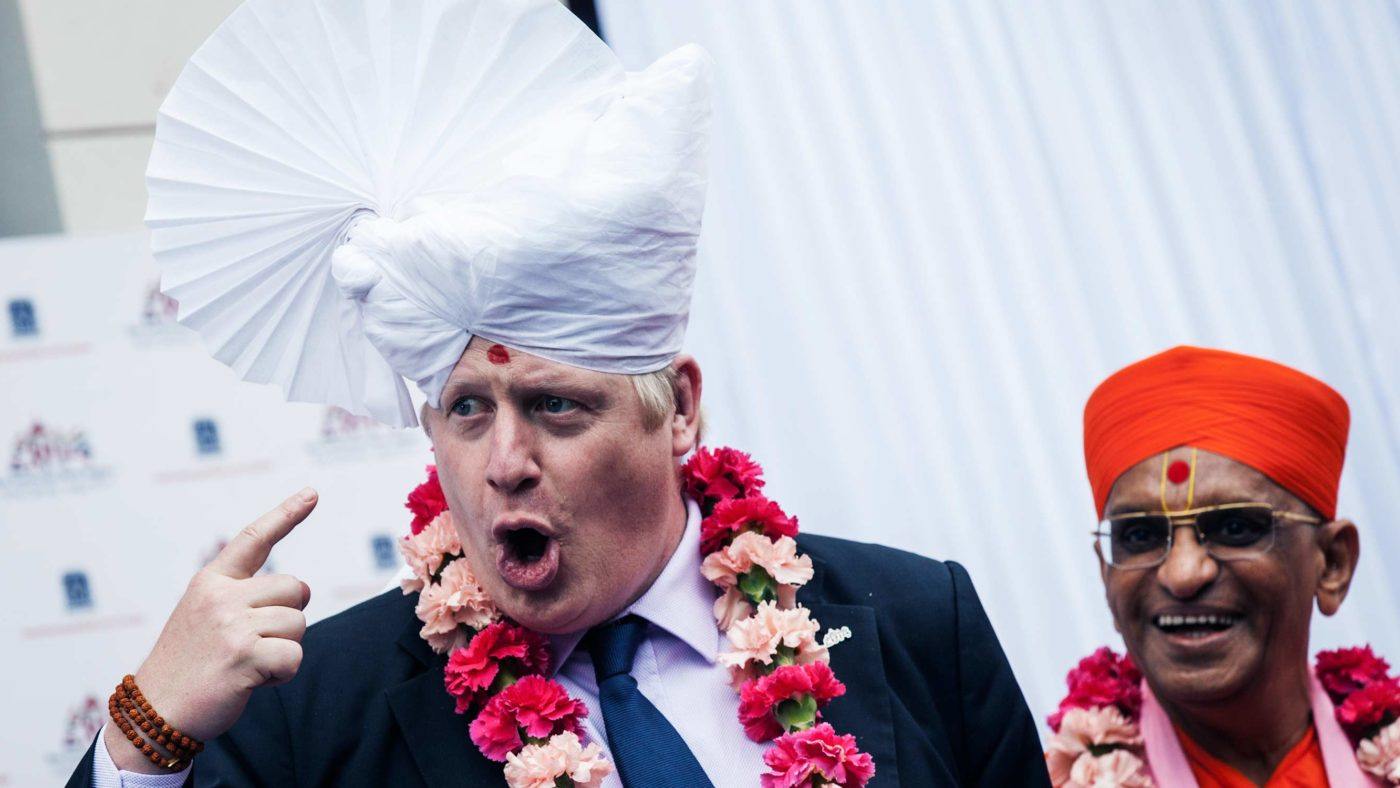The UK has long maintained an active role in world politics. Particularly following the post-war Western order, through its permanent membership of the UN Security Council, its membership to NATO, G20, and the G7, it achieved a strong global presence.
Recently, however, economic outcomes and political decisions have gradually rendered the British increasingly insular. Inefficient military interventions in Iraq and Afghanistan, and the recent vote to leave the European Union have proven costly in international relations; while internal party conflicts combined with the sovereign debt crisis have suffocated any chance of the UK developing a coherent foreign policy strategy.
At an event held by the Foreign Policy Centre in October 2016, the Acting Director for Open Europe, Stephen Booth, argued: “No one really has a clear understanding of what the UK’s foreign policy actually is!”
With defence and security policy, it is clear that there has been a fundamental mismatch between the pronouncement and pursuit of policy goals outlined by key UK officials. Senior Kings College Lecturer Anand Menon suggests this has resulted in the prioritisation of normative interests such as economic gains, to the detriment of wider rationalist considerations of international peace and security.
Nowhere is this clearer than in the approach former prime minister David Cameron took when engaging with the outside world. During Cameron’s tenure, for instance, the Ministry of Defence (MoD) clearly prioritised lucrative arms deals with Bahrain over strategic considerations of promoting human rights, democracy and regional stability.
Another glaring example would be during Cameron’s visit to Southeast Asia in 2015, during which he oversaw the conclusion of several trade deals, while failing to discuss with any seriousness the ongoing security concerns in that region.
It could be argued that the economic climate following the 2008 financial crisis left little choice for the Conservative government but to target its security and defence budget through austerity measures. In fact, with public opinion overwhelmingly against defence spending, former foreign secretary Philip Hammond suggested that “there are no votes in defence”.
Yet, while cuts to the defence budget have logical reasoning and foundations, it is the extent of the demise of the UK’s global reputation as a key foreign policy player that is most astonishing.
With one NATO official lamenting the UK for becoming a “bit player” in Europe’s “most serious crisis” – referring to ongoing developments in Ukraine and Russia – and Britain’s former ambassador to Moscow arguing that “the British seem to have given up on doing foreign policy altogether”, it is no surprise that the UK is portrayed as a bystander on the world stage.
With the Conservative party under new leadership, there must now be serious discussion over what kind of security player the UK aspires to be. Earlier this year, the MoD announced that the security and defence budget would be increased for the first time since 2010, with funding being directed towards investments such as 20 Protector Armed Aircrafts, 26 Global Combat Ships, and two Offshore Patrol Vessels.
In a recent Government publication, Defence Secretary Sir Michael Fallon explicitly “committed to NATO’s target to spend two per cent of GDP on defence for the rest of the decade”. Nonetheless, the international reputation of the UK will not be helped by the inconsistencies in opinion between Mr Fallon and Foreign Secretary Boris Johnson, who hold polarised views on whether the UK should support the idea of the “EU army“.
It will also be hindered by the underlying tensions between Johnson and Trade Secretary Liam Fox, as they feud over who controls Britain’s foreign policy.
Mr Johnson himself is enough of a hindrance to stop foreign policy progress through his continuing run of errors, including describing Africa as a “country” at his first conference as Foreign Secretary, and inappropriate comments made about the Turkish President Erdogan only weeks before being given the role.
As Europe’s leaders discuss the UK’s future outside of the European Union, the efficacy of future UK foreign policy hangs in the balance.
What is certain is that Theresa May’s Government must clearly define whether the UK wants to exercise hard power, or take a soft power approach to ongoing conflicts in the Eastern and Western worlds. Unlike the Cameron regime, May must ensure that the policy drift between the pronouncement and pursuit of foreign policy objectives is minimised. It is through creating this clear message and stability, that the UK may once again be able to build its reputation as a serious player on the global stage.


